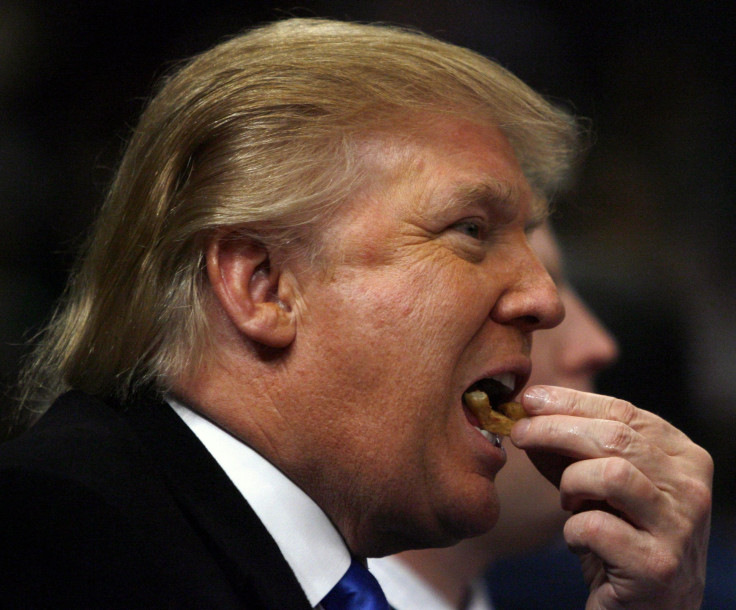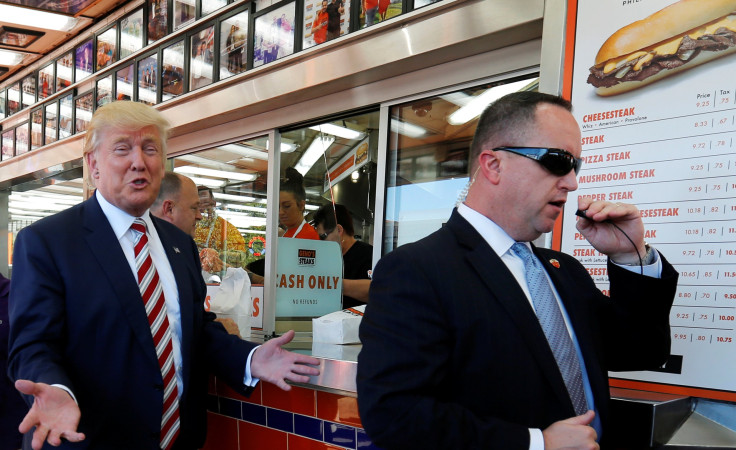Will Food Prices Go Up In 2017? Trump’s Immigration, Border Policies Could Cause Surge In Costs

President Donald Trump took office with a bold, fundamentally transformative immigration agenda that stands to shape the face and demographics of the United States for decades to come. But those policies don’t exist in a bubble. Food prices could surge under Trump if his administration goes through with a tax on all Mexican imports to help pay for his promised border wall, as well as increases in deportations and other policies that could cause a decline in immigrant laborers nationwide.
Trump’s vow to deport up to three million undocumented immigrants would disrupt the country’s supply of farm laborers, for starters. Undocumented immigrants make up at least half of the industry’s workforce, and could be closer to 70 percent of the population, according to a 2014 American Farm Bureau Federation commissioned report.
Read: How Donald Trump May Be Creating Fake News About Immigrants Every Week
The new White House administration's reported 20 percent border tax on all Mexican imports would also cause prices for common American grocery store items to sharply increase.

The U.S. imports nearly 75 percent of its avocados from Mexico annually, according to the Department of Agriculture. Mexico also supplies the U.S. with tomatoes, beer, tequila, berries, broccoli, peppers and other produce and vegetables, all of which could cost more under Trump’s reported plan, Supermarket News reported Thursday.
What’s more, Mexico could reportedly retaliate against the Trump administration with border taxes of its own, which may impact prices for U.S. agricultural products.
"We’re still studying that tax reform, and we're hoping some common sense comes to that area," Zippy Duvall, president of the American Farm Bureau Federation, said in a March interview. "We want to make sure it doesn’t roll over into a trade situation and cause a trade war that would not be good for anyone in agriculture."
© Copyright IBTimes 2025. All rights reserved.






















